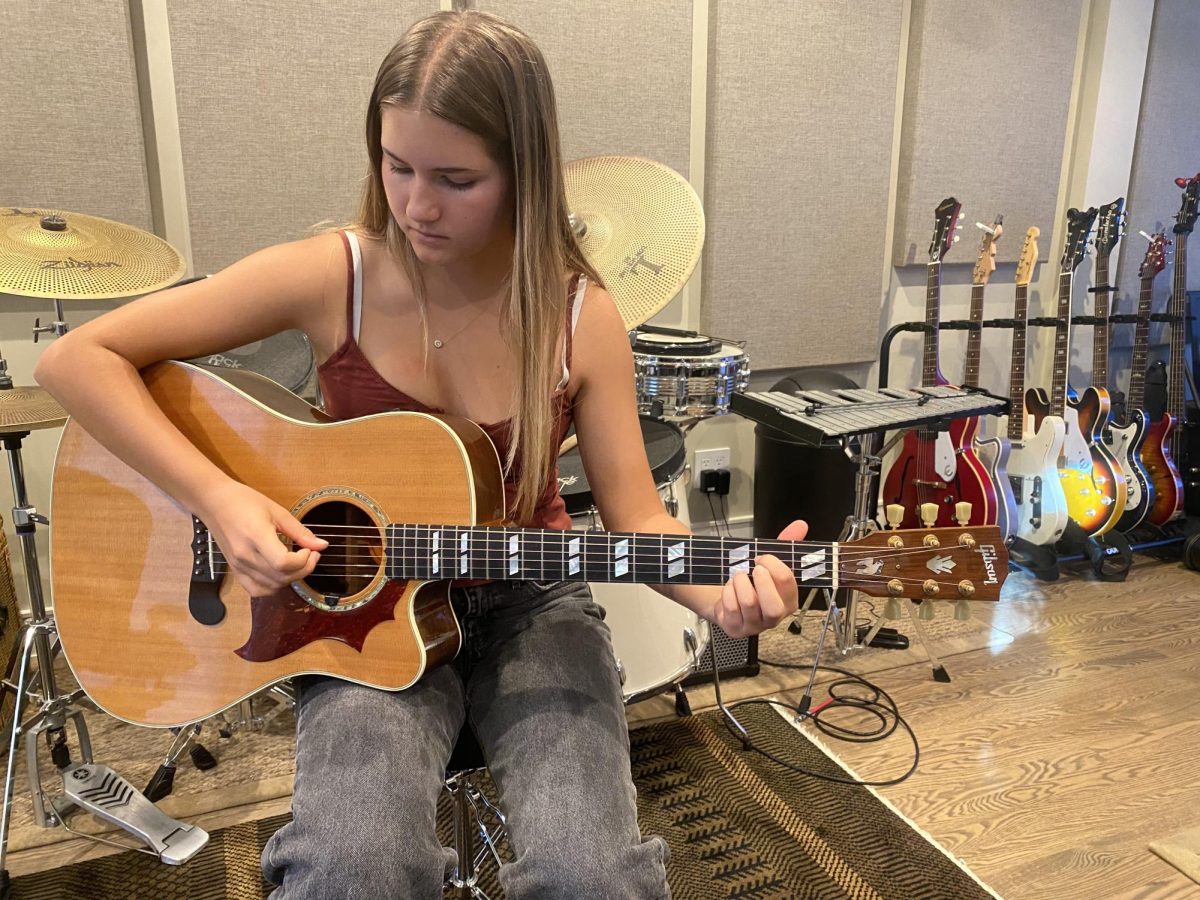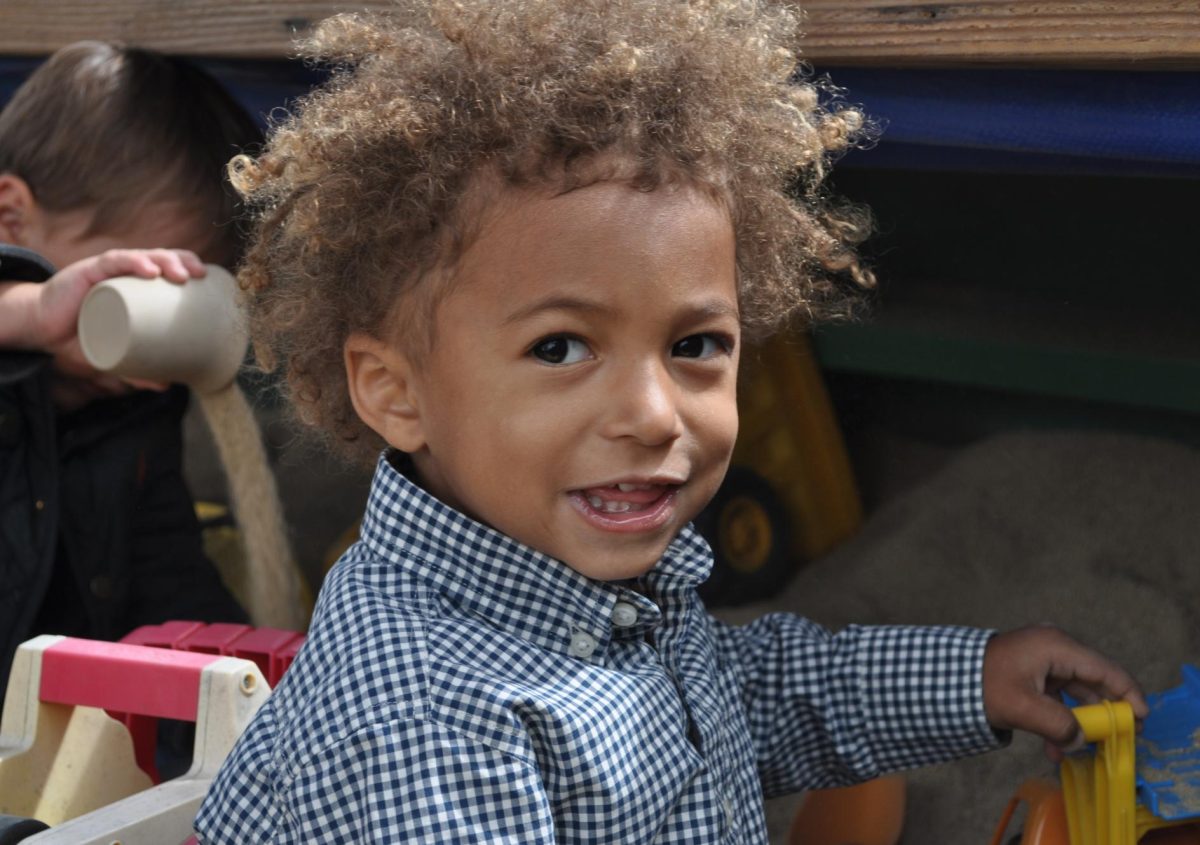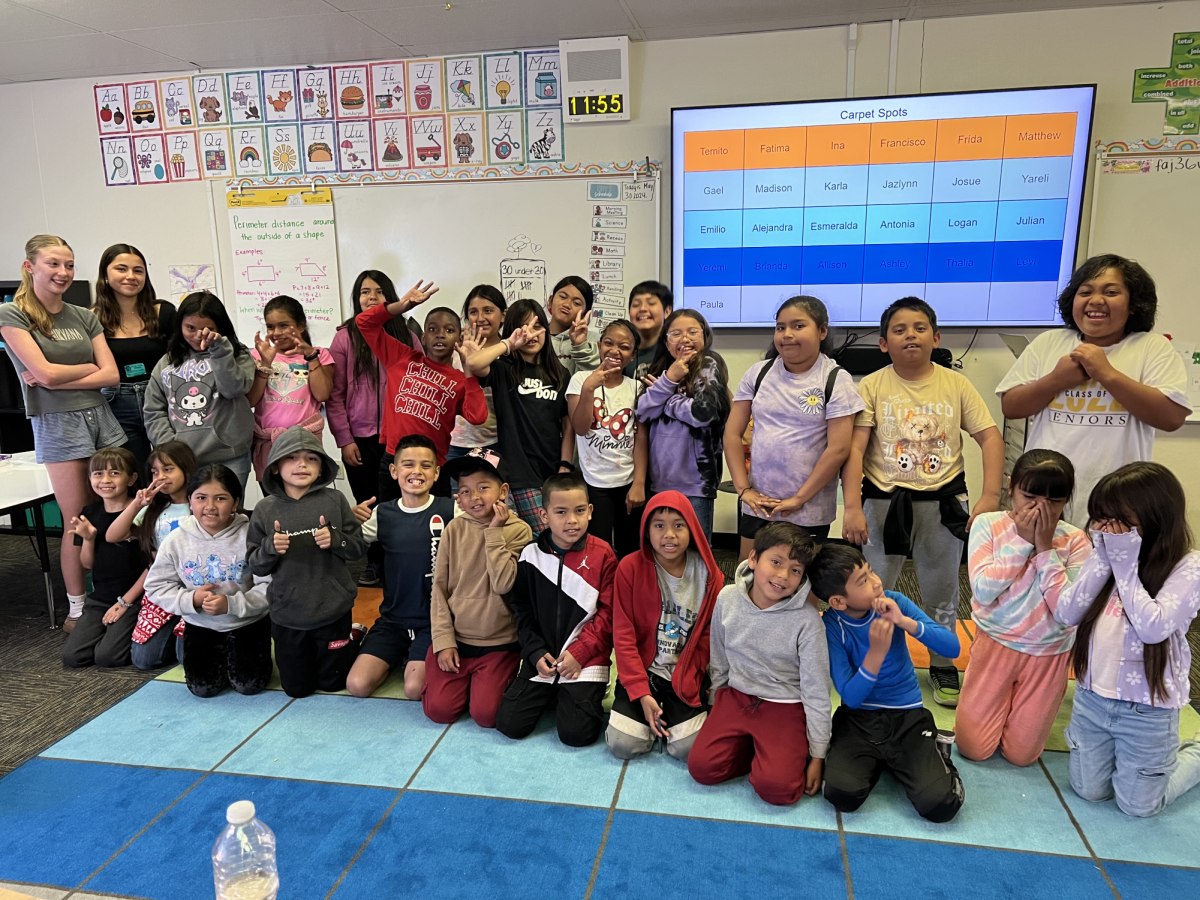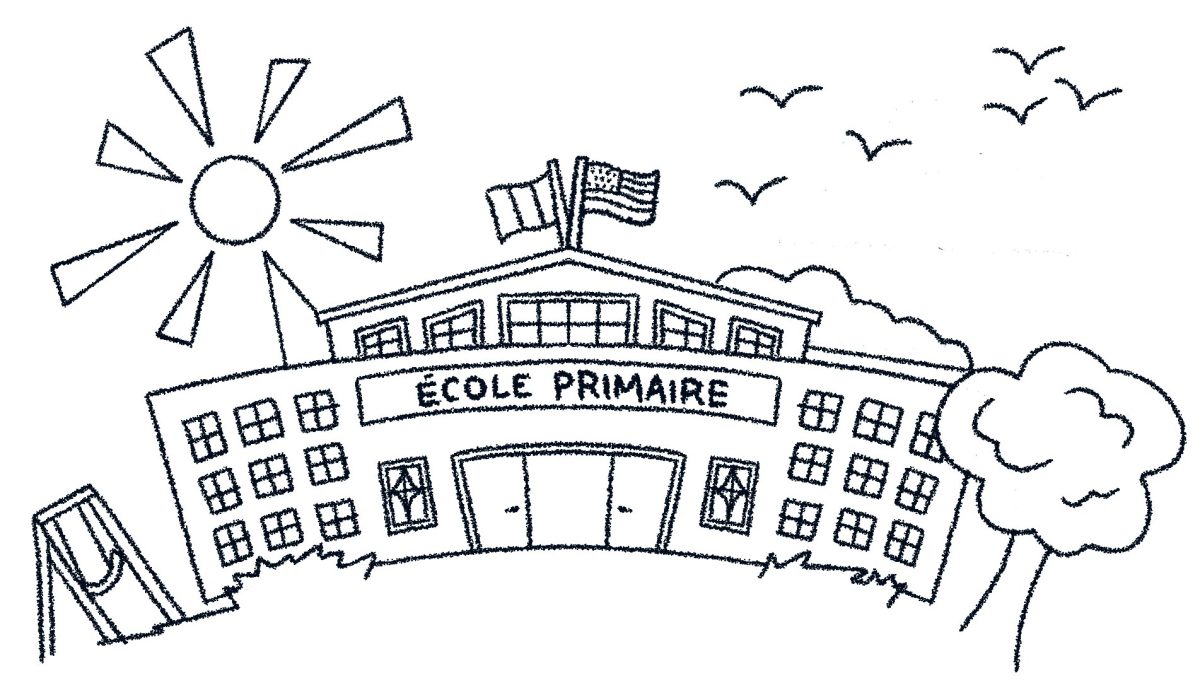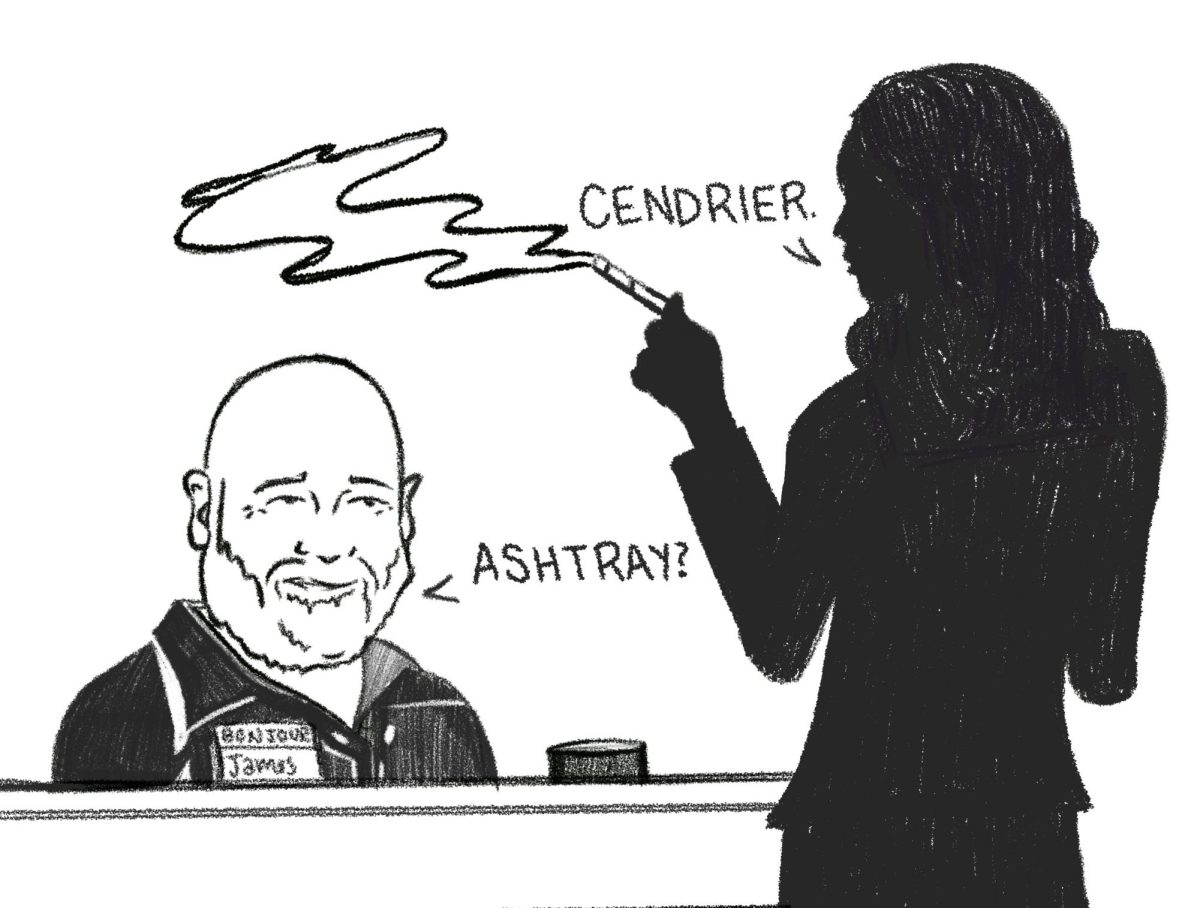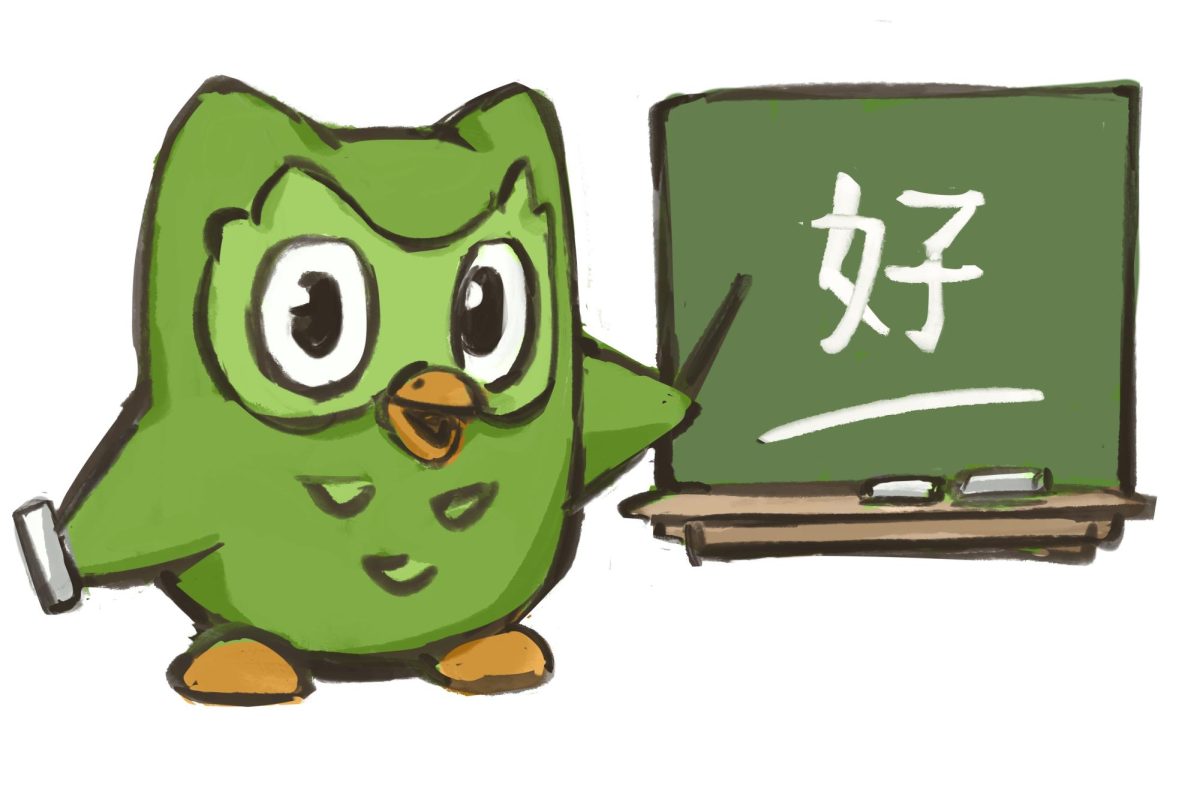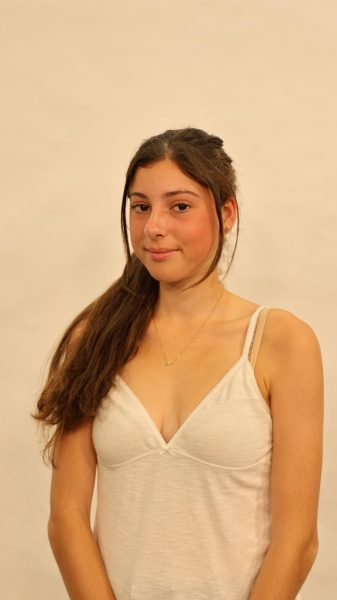The COVID-19 pandemic wasn’t exactly a favorable time for most students, but at least one positive thing can be said: the many hours spent at home allowed for self-reflection and creativity. In fact, a select few Menlo students took major advantage of this surplus of time. Not only did seniors Ari Kaufman and Lily Nye and sophomore Eshu Vinnakota spend countless hours writing, recording and producing original songs, but they also released them on platforms such as Spotify and YouTube.
Lily Nye
Nye has been encouraged to sing since preschool, mostly because her father, who was in a high school and college band where he played guitar and sang, fosters a love for music. It wasn’t until COVID-19, though, that Nye started meeting with a music teacher who encouraged her to produce the songs she had written herself. “We started off just recording cover songs,” she said. “And he was like, ‘You know what? Why don’t you try and write your own?’”
Nye has since written 40 songs, eight of which she released in an album called “heartbeat” on Spotify and Apple Music in August of this year. At first, Nye was hesitant to share her songs with the public. “I was embarrassed of [the album] for a while because it just felt really personal to me, and so I didn’t want to share it with people because I was scared of judgment,” Nye said. “But then I realized it doesn’t matter.”
Because producing songs is a multistep process that took her nearly two years, Nye didn’t want all of her hard work writing, recording and editing her songs to sit in her Google Drive. Nye kept her songs and album largely private; many of her peers did not discover her album until after she released it. “I never had a goal to release an album,” Nye said. “It was just kind of like, ‘Oh, I have all these songs that we worked on, and they’re pretty cool in my opinion, and I guess we will just release them.’”
Eshu Vinnakota
When Vinnakota’s sixth grade music teacher introduced him to GarageBand, he became fascinated with the app. “[After I] saw the ins and outs of GarageBand, I started producing my own tracks, and then I put them out on my YouTube channel,” he said.
Vinnakota began posting songs to YouTube in the middle of seventh grade and eventually he put his first song on Spotify at the beginning of this school year. “Most of the songs are kind of made up stories,” he said. “But I like to put out music, just because it’s a way to express my own emotions and what I feel.”
Vinnakota has produced 65 original songs and two remixes with just a laptop, a pair of wired headphones and a microphone, all of which are on YouTube. He describes his music as an intersection between pop and rap, referring to it as “melodic song.” His song-making process typically starts with a hum or lyric that he then transfers to GarageBand to create a track for the melody. While he used to take one to two hours to produce a song, he now spends more time experimenting with the technology to total about six to eight hours per song.
Vinnakota hopes to reach a larger audience with the release of another album. “I have family across the world, in India, in Australia, obviously in the Bay Area [and] even in the East Coast,” he said. “So just sharing my music on YouTube, Spotify, etc., helps me reach those audiences, and it’s a way to connect with other people.”
Ari Kaufman
Kaufman, a self-taught guitarist, strummed the same chord for six hours every day when lockdown started to learn how to play, and, two months into lockdown, she started writing songs as well. “During COVID, I feel like it was really isolating for a lot of people, and I wasn’t great at verbalizing my emotions to anyone,” she said. “I didn’t have an outlet, so [songwriting] just became something that was mine and no one else really had control over.”
Before Kaufman decided to release her music on YouTube and Instagram, she performed for live audiences. When her friends from summer camp urged her to participate in a talent show, Kaufman realized she enjoyed performing live and that others wanted to hear her. “I just felt so happy because I was doing something that meant a lot to me, but other people were getting joy from it,” Kaufman said.
Of the 70 songs Kaufman has written, she only feels comfortable sharing 12 of them. “At some point, I’d love to put out more, but there’s still fear there,” she said. Kaufman writes her songs in a journal her brother gifted her for her 14th birthday and the pages are now filled to the brim with lyrics and chords.
The songwriting process is not linear, and the time it takes can range from mere minutes to years. “You write 90 lines and you get one good lyric,” Kaufman said. “I [can’t] ever sit down and be like, I want to write a song now, because that’s not how creativity works for me.”


